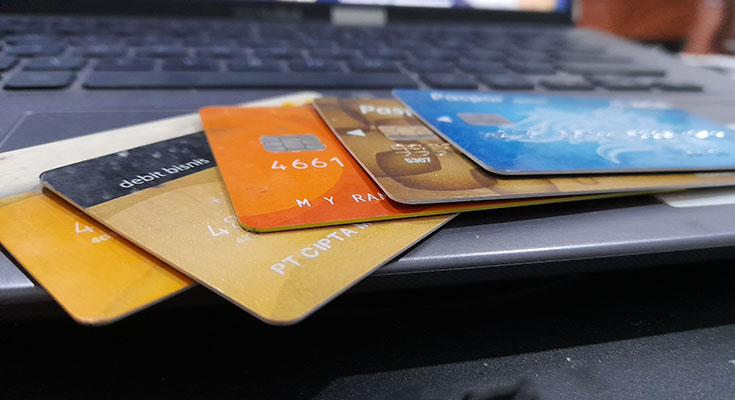In the money culture of the current world, most of us are used to having our finances housed in financial institutions such as federal banks or credit unions. There are several types of accounts that serve different purposes for managing your money, and if you’re an adult with a debit card and a regular job, you’re probably familiar with some of the basics. But what exactly are the main types of accounts, how many should you have, and how can they work together when it comes to managing your finances?
Checking Accounts
A checking account is meant for expenses that occur on a regular basis, such as utility bills, loan payments, groceries, and other living expenses. One financial strategy is to have two checking accounts. You’ll use one for bills that are regular and consistent on a monthly basis such as your mortgage, electric bill, and car payment. You should not get a debit card for this account in order to keep from spending the money you set aside specifically for these bills on other things. Your second checking account will be for flexible spendings such as grocery shopping, gasoline, and recreational expenses. This secondary checking account will have a debit card associated with it.
Basic Savings Accounts
Your basic savings account is meant for setting money aside for either emergencies or a specific purpose. You could have as many savings accounts as you have savings goals, but keeping that number small will help you create more momentum as you save. An emergency savings account would be money set aside specifically for any unexpected expenses, while the targeted savings accounts can be for specific savings goals you hope to bring to fruition within the next five to ten years, such as saving for a down payment on a house or other large expenses.
High-Yield Savings Accounts
If you suddenly come into a substantial sum from a wedding gift, inheritance, tax return, or work bonus, you could see some benefits from tucking that money away into a high-yield savings account such as a money market account. With many money market accounts, the higher your balance, the more interest you will earn. Having a money market account is a bit like having a savings account with the functionality of a checking account in which the funds earn interest at a higher rate than most normal savings accounts.
Conclusion
You aren’t limited to just having one simple checking account and one regular savings account. Utilizing multiple accounts at one time can help you make sure all of your money is being put to work properly for your maximum benefit. Check with your bank to see what they can offer in terms of amenities for account holders as well as types of savings accounts and their interest rates. Not all banks are created equal, so don’t be afraid to shop around, it could lead to you saving money on bank fees and earning more interest in your savings accounts, and an overall better sense of efficient financial wellbeing.
If you need help with accounting or tax services in South Carolina, contact Veris, The Proactive Accounting Firm.





